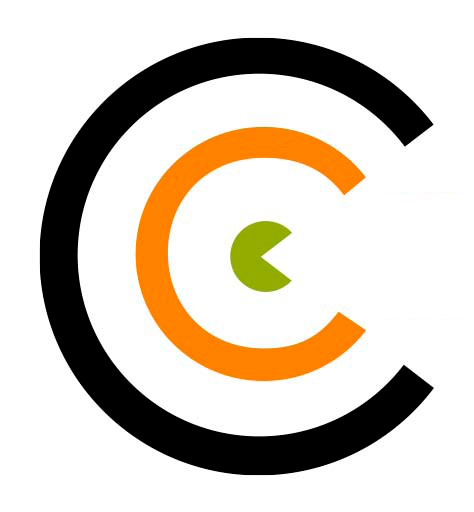Written peer-feedback to enhance students’ current and future learning

Spanish universities are engaged in the implementation of the European Higher Education Area (EHEA). This process implies the use of the most effective instructional designs and methodologies in order to achieve deep learning, increase student involvement in their own development, and professional and personalgreater autonomy in the construction of knowledge. Peer-feedback is an effective strategy to reach such requirements. The study aimed to analyze the type of feedback students provide in peer-assessment in group work projects and to investigate students’ perception towards peer-assessment for the improvement of the learning process. The methods were mixed. A semantic analysis of the type of feedback was conducted. A total of 637 feedback units were analysed according to the guidelines developed in the project. In addition, questionnaires to students and teachers involved in the experience were administrated. The results demonstrate that the great majority of feedback offered by students was related to task development, followed by feedback regarding the motivational aspects of the process and finally the structural and formal aspects of the writing. At the end of the process, both teachers and students declared that the feedback received helped them to better develop the task and support them in future learning